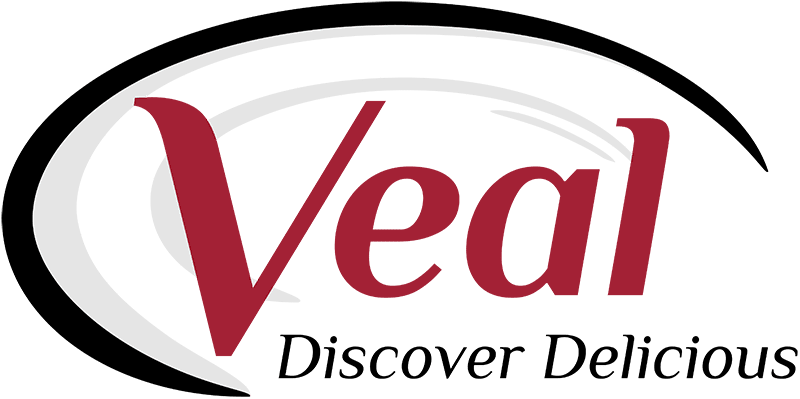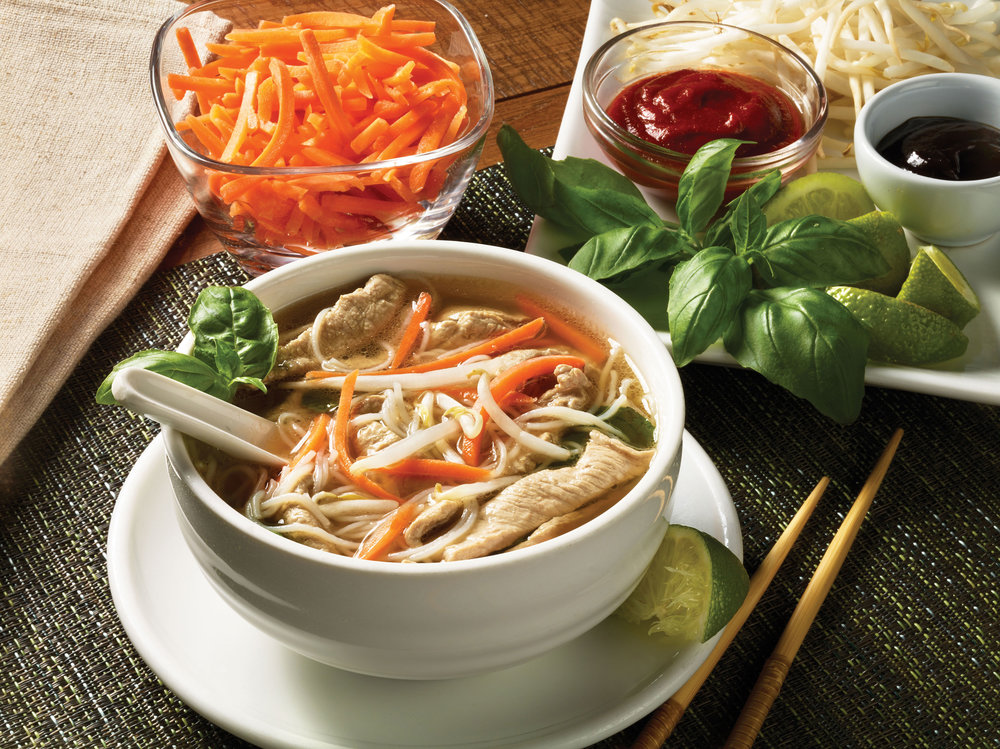Nutrient Profile
In addition to being a high-quality protein, a 3-ounce serving of cooked trimmed lean veal is a good source of key nutrients including vitamin B-6, vitamin B-12, niacin, riboflavin, zinc, selenium and choline. What is more, a serving of lean veal has just about 170 calories, making it one of the most nutrient-dense protein foods around.
Protein from both plant and animal sources can be included in healthy eating plans. In fact, veal provides high levels of some essential nutrients like B-12 and zinc, nutrients that are at lower levels or absent in plant-based proteins. This is one reason the Dietary Guidelines for Americans recommend eating a variety of protein foods.
1 serving (3 oz.) of lean veal has 27 grams of protein and has just about 170 calories. To get that much protein, it takes about...
- 4 servings (12 oz.) firm tofu (260 calories) OR
- 4-1/2 servings (9 tablespoons) of almond butter (880 calories) OR
- 4-1/2 medium hard cooked eggs (330 calories) OR
- 1-2/3 cups hummus (900 calories)
Source: USDA National Nutrient Database for Standard Reference 28 and nutrient data published by brands.
Protein is a macronutrient which the body needs in relatively large quantities. It is essential for growth, building and repairing muscles, and for many other functions. New research also shows protein helps prevent the breakdown of muscles during aging and may help with managing body weight. The current recommendation for protein intake is 10% - 35% of total calories. While most Americans meet the recommendations for protein, it is common for people in the U.S. to consume too many calories overall.
Veal Nutrition FAQs
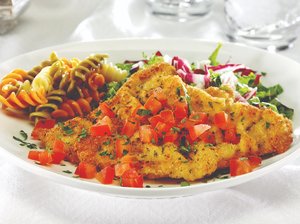
What essential nutrients does veal provide?
In addition to being a high-quality protein, a 3-ounce serving of cooked trimmed lean veal is a good source of key nutrients including vitamin B-6, vitamin B-12, niacin, riboflavin, zinc, selenium and choline. What’s more, a serving of lean veal has just about 170 calories, making it one of the most nutrient-dense protein foods around.

Can Veal Fit Into A Healthy Eating Plan?
Protein from both plant and animal sources can be included in healthy eating plans. In fact, veal provides high levels of some essential nutrients like B-12 and zinc, nutrients that are at lower levels or absent in plant-based proteins. This is one reason the Dietary Guidelines for Americans recommend eating a variety of protein foods.
Protein

Protein is a "macronutrient" which the body needs in relatively large quantities.
It is essential for growth, building and repairing muscles, and for many other functions in the body. New research also shows protein helps prevent the breakdown of muscles during aging and may help with managing body weight.
The current recommendation for protein intake is 10% - 35% of total calories. The Daily Value for protein is 50 grams. While most Americans meet these recommendations for protein, it is common for people in the U.S. to consume too many calories overall. When choosing among different protein foods, it’s important to consider calories.
1 (3 OZ.) SERVING OF LEAN VEAL HAS 27 GRAMS OF PROTEIN AND 170 CALORIES. TO GET THAT MUCH PROTEIN, IT TAKES ABOUT…
- 4 servings (12 oz.) firm tofu (260 calories) OR
- 4-1/2 servings (9 tablespoons) of almond butter (880 calories) OR
- 4-1/2 medium hard cooked eggs (330 calories) OR
- 1-2/3 cups hummus (900 calories)
Source: USDA National Nutrient Database for Standard Reference 28 and nutrient data published by brands.
Vitamin B-12
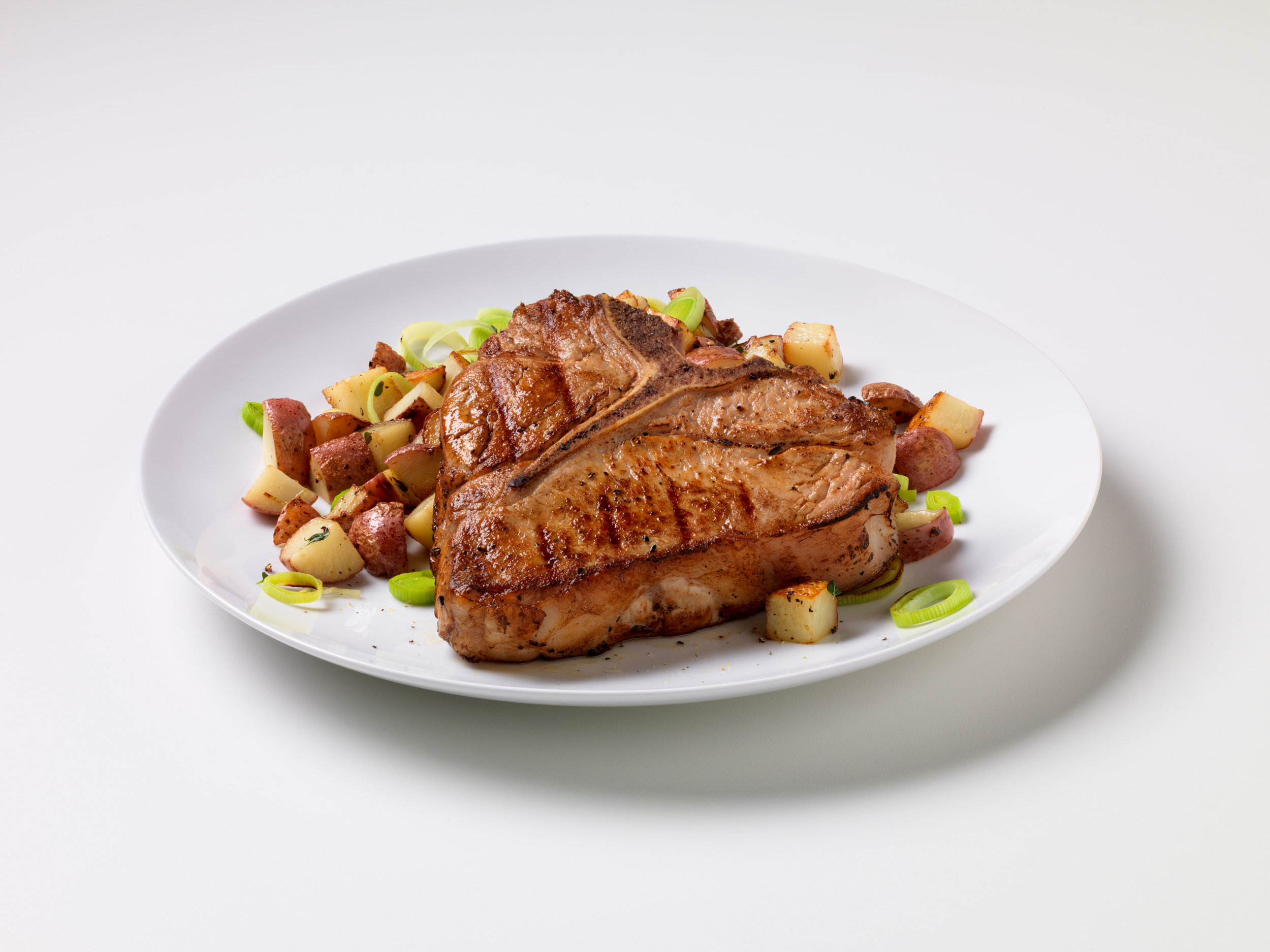
Vitamin B-12 is vital for normal blood formation and neurological function.
It is especially important to the developing brains of infants and young children, but low Vitamin B-12 status at any age can lead to pernicious anemia which can severely impact brain and nerve function.
Who is at risk of Vitamin B-12 deficiency? Advanced age is a risk factor for low Vitamin B-12 status because of decreased absorption of the vitamin. Similarly, people with digestive disorders like celiac disease and Crohn’s disease are at risk. Strict vegetarians (vegans) might have low Vitamin B-12 intakes unless they consume a B-12 containing supplement. Getting enough Vitamin B-12 is particularly important for pregnant women because the Vitamin B-12 status of a newborn infant is reflective of maternal Vitamin B-12 status.
The Daily Value for Vitamin B-12 is 2.4 micrograms. Animal protein foods, including veal, are principal sources of Vitamin B-12. Commonly eaten plant-based foods like vegetables, fruit, grains, legumes and nuts do not contain B-12 unless they are fortified with this nutrient.
HERE ARE SOME FOODS PROVIDING VITAMIN B-12:
- Veal (3 ounces, lean, cooked): 58% Daily Value
- Chicken breast meat (3 ounces, cooked): 12% Daily Value
- Egg (1 large, hard cooked): 23% Daily Value
- Plain low fat yogurt (1 cup): 57% Daily Value
- Ready-to-eat fortified breakfast cereal* (1 cup): 25 % DV
*amount varies depending on fortification levels
Choline

There's a hot nutrient being discussed among nutritionists these days — it's Choline.
Choline has long been known for its role in cell membranes as well as the brain and nervous systems. But newer research has shown getting enough choline is very important during pregnancy to ensure healthy infant brain development prenatally.
Adequate choline intake continues to be important throughout infancy and into the first few years of life. There are other benefits of choline that are being discovered too like its role in adult brain health, heart health and more.
A Daily Value for Choline was recently set at 550 milligrams per day and applies to adults and children 4 years and older as well as pregnant and lactating women.
HERE ARE SOME FOODS PROVIDING CHOLINE:
- Veal (3 ounces, cooked): 19% Daily Value
- Egg (1 large, hard cooked): 27% Daily Value
- Chicken breast meat (3 ounces, cooked): 13% Daily Value
- Fish, cod (3 ounces, cooked): 12% Daily Value
- Dark leafy greens (1 cup): 11% Daily Value
